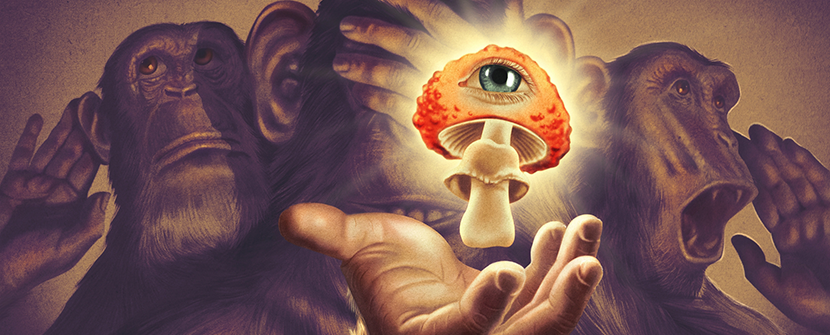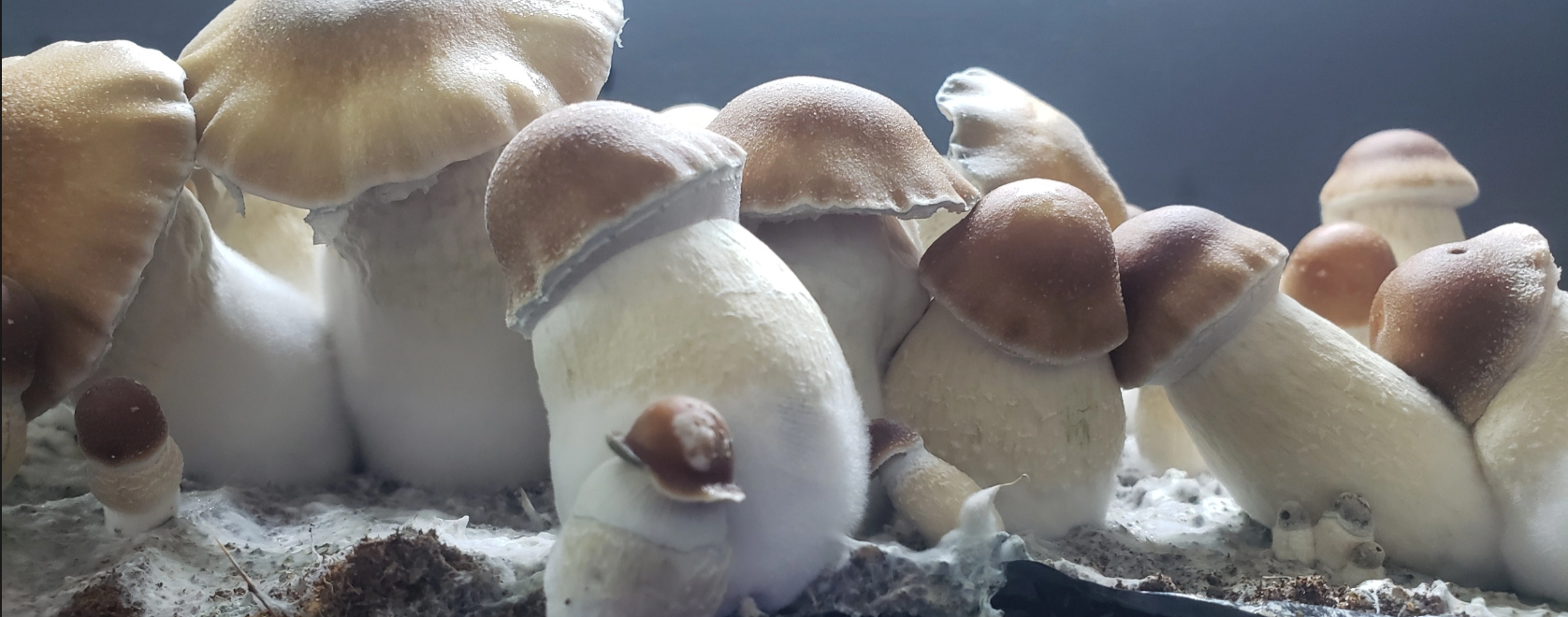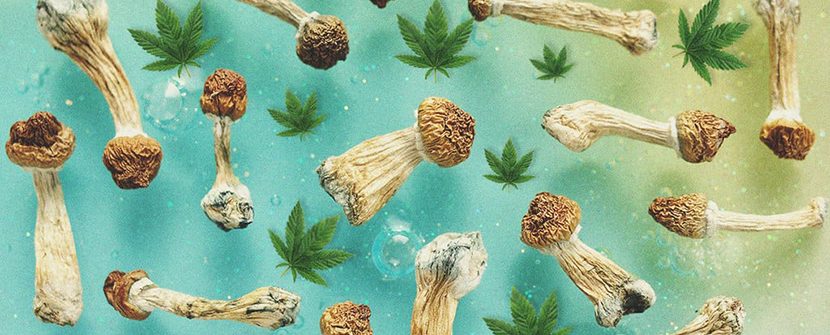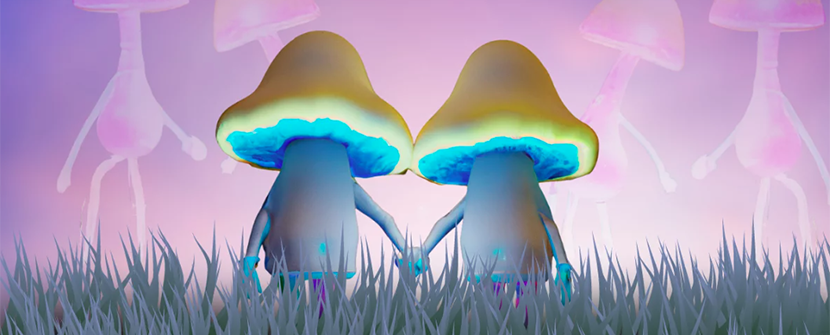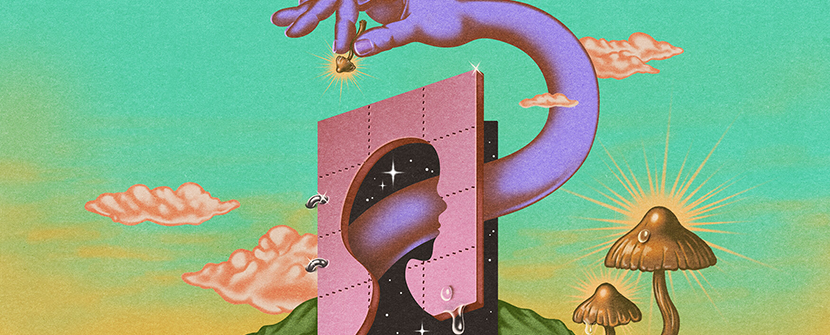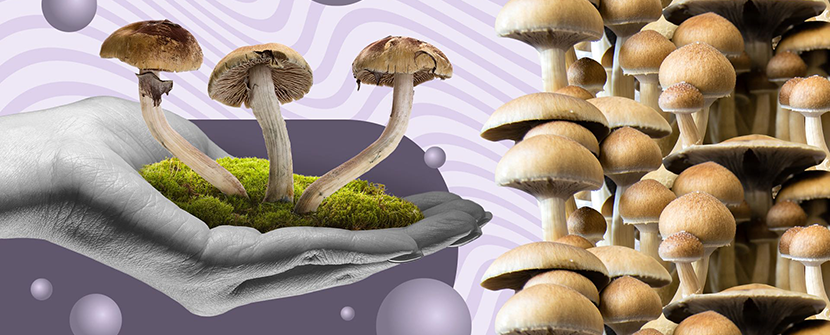The Stoned Ape Theory is a hypothesis proposed by Terence McKenna, a renowned writer and advocate of psychedelic substances, in which he suggests that early human ancestors consumed psilocybin mushrooms and that this ingestion played a pivotal role in the evolution of the human brain.
Our evolution and psilocybin
According to the theory, the consumption of psilocybin mushrooms by early humans led to a series of profound changes in our cognitive abilities, including the development of language, increased creativity, and an enhanced ability to solve problems and think abstractly. McKenna also believed that the ingestion of psilocybin mushrooms helped early humans to expand their consciousness and connect with the environment in new ways, leading to the development of complex social systems and the formation of modern human culture.
While the theory remains controversial, there is some evidence to support the idea that psychedelic substances like psilocybin mushrooms can have profound effects on human consciousness and may have played a role in our evolution. Studies have shown that psilocybin can enhance creativity, promote feelings of empathy and connectedness, and even reduce symptoms of anxiety and depression.
Research, evolution and psilocybin
One particularly compelling study conducted by Robin Carhart-Harris and colleagues at Imperial College London used functional magnetic resonance imaging (fMRI) to examine changes in brain activity following the administration of psilocybin. The researchers found that psilocybin decreased activity in regions of the brain that are typically associated with the default mode network, a network of brain regions that is active when the mind is at rest and not focused on any particular task. The decreased activity in these regions was accompanied by an increase in activity in regions of the brain that are associated with the processing of sensory information, suggesting that psilocybin may help to increase the brain's sensitivity to external stimuli and enhance creativity.
Going forward
Whether psilocybin ingestion played a role in our evolution, the fact remains that psychedelic substances have been used for millennia by cultures around the world for spiritual, medicinal, and creative purposes.
In recent years, there has been a resurgence of interest in the therapeutic potential of psychedelics, including psilocybin, for treating a range of mental health conditions, including depression, anxiety, and addiction. As research into the effects of psychedelics continues to expand, it is likely that we will gain a deeper understanding of their role in human evolution and their potential for promoting healing, growth, and transformation in individuals and societies alike.


